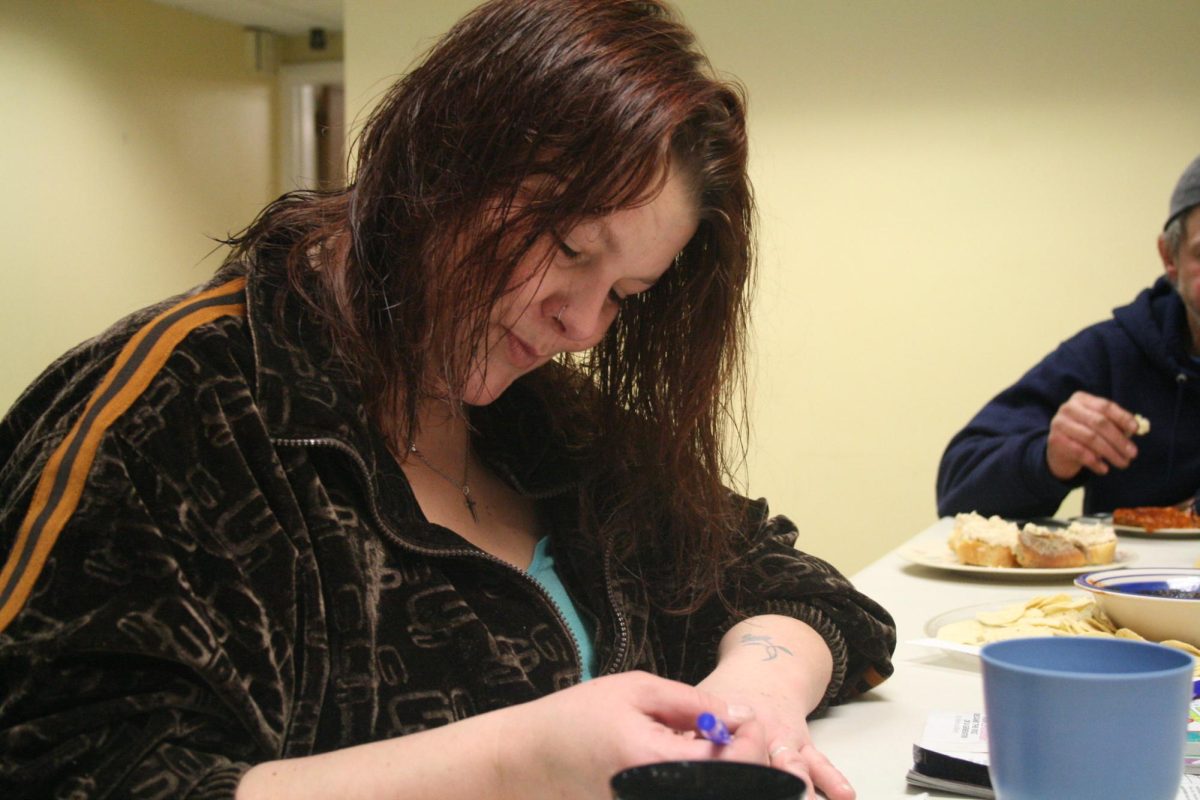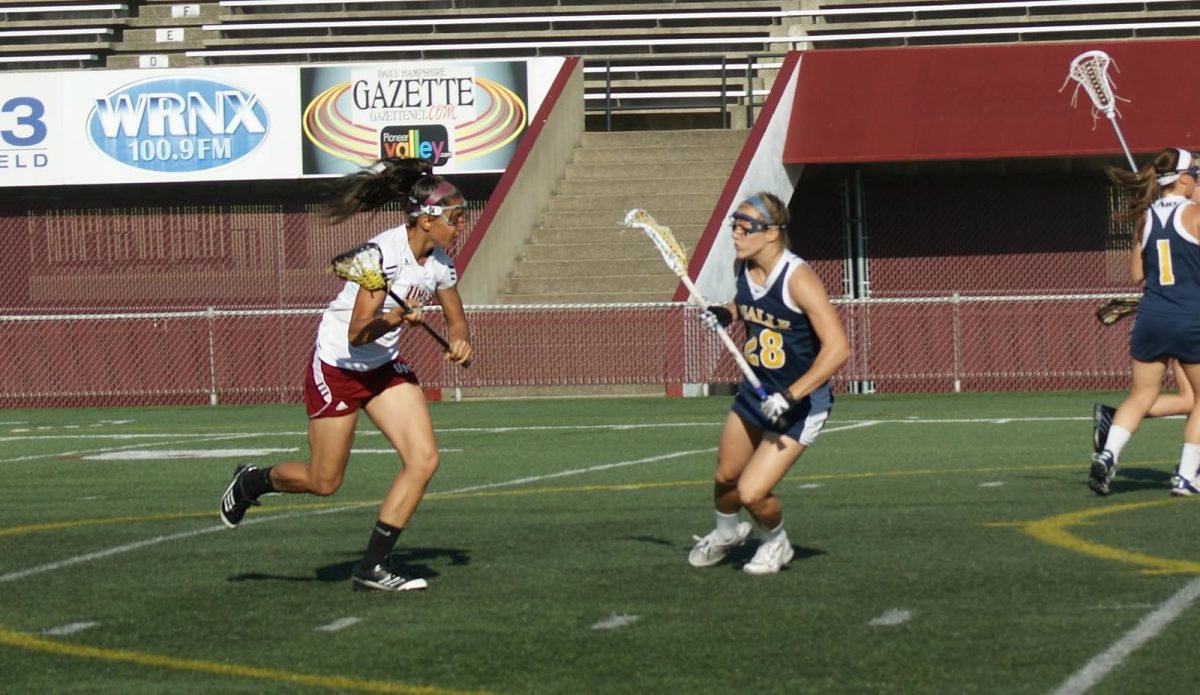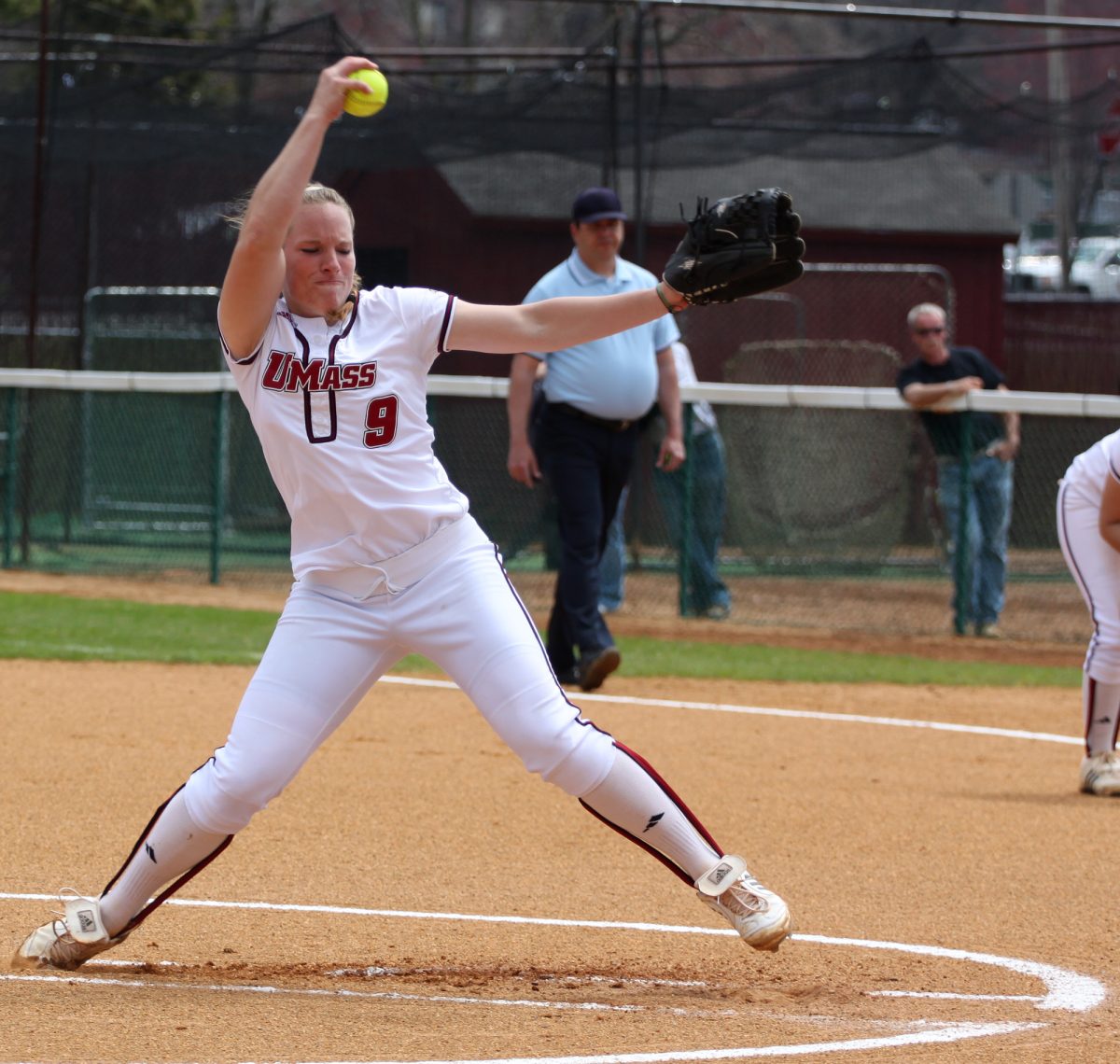Students voting in the University of Massachusetts Student Government Association elections today and tomorrow will not only be deciding the next president and trustee. Among other measures on the ballot, students will be voting to support or reject the proposal from the students and administration detailing changes to the school after last November’s strike. Students staged a two-day protest last November, presenting the administration with four demands: reduced student fees, increased funding for diversity programming on campus, removal of police from dorms and increased accessibility of space on campus for student groups. The strike was organized by the United Student Action Coalition. The strike resulted in a three-month period of negotiations between school administrators and a team of student leaders. The proposal, released late Monday night, is the result of the negotiations and is endorsed by the USAC and the negotiating team. It does not feature a reduction of student fees, and in fact, the financial agreements depend on the Board of Trustees approving a fee hike.
However, the proposal does offer a $600,000 increase in financial aid, in an effort to increase the amount of need-based financial aid met by grants, rather than by loans or work study. It also allots $100,000 in additional aid for graduate student fellowships, and nine new teacher assistant positions will be created for new classes, especially classes focusing on diversity. The proposal also provides financial support for a “Lobby Day,” which would allow students and faculty to lobby at the Massachusetts State House to reduce the cost of public higher education. The Lobby Day funding is the one proposed financial agreement that does not hinge on the fee increase. One of the demands was student control over student space. Students were angry over the cost to use space in the Campus Center and Student Union. Under the proposal, fees for audio and video equipment will be reduced. Graduate Student Senate President Jeff Napolitano said that while he’d hoped for more, “the proposal represents real victories and real progress for the students,” and marks a “180 degree” difference from the five-year period under former chancellor John Lombardi and former vice chancellor Michael Gargano. Napolitano said that one of the most important aspects of the proposal is the introduction of the Diversity Advisory Council. The council would be made up of faculty, staff and students, and would advise the chancellor on diversity issues. Napolitano described the council as “cabinet level” and “definitely necessary.” In the realm of diversity programming, the proposal promises to apply for federal funding for TRIO programs. TRIO programs are federally funded programs designed to increase diversity among students on college campuses. These include Upward Bound programs and scholarships given to undergraduates to help with graduate school. These types of programs used to exist at UMass but have been cut in recent years. The school will provide funds to fund a faculty advisor to the Student Bridges program, a student-created, student-funded program that does outreach into the Holyoke and Springfield communities. Napolitano said Student Bridges got started because students felt the administration was failing to support these kinds of programs and took things into their own hands. Under the proposal, four undergraduate students will have a chance to advise the campus police about safety and police matters, as part of the Community/Police Advisory Board. The board will be made up of the four undergraduates, as well as two graduate students, three faculty members, the vice chancellor for student affairs and campus life, the dean of students, the director of housing and residential life and the chief of police. The proposal states that random police patrols inside dormitories is not policy. A statement released by the student negotiating team says the team “support[s] this agreement, understanding that it is only a first step to building increased student power and administrative accountability to the University’s public mission. This agreement is a victory for us all, though it is not the end of the strike demands.” “The next step would be next year’s negotiations,” said Napolitano, who said that it was very important to the negotiating team that the discussion with the administration continues. The statement from the student negotiation team says, “It shouldn’t take student strikes and building takeovers to compel those who run the University to become more transparent; increase diversity, outreach efforts and affordability; and to secure the basic civil rights of students.” The statement begins, “After a period in UMass’s history marked by a hostile administration, the dismantling of support services and large state budget cuts, we seem to be entering into a more positive period






